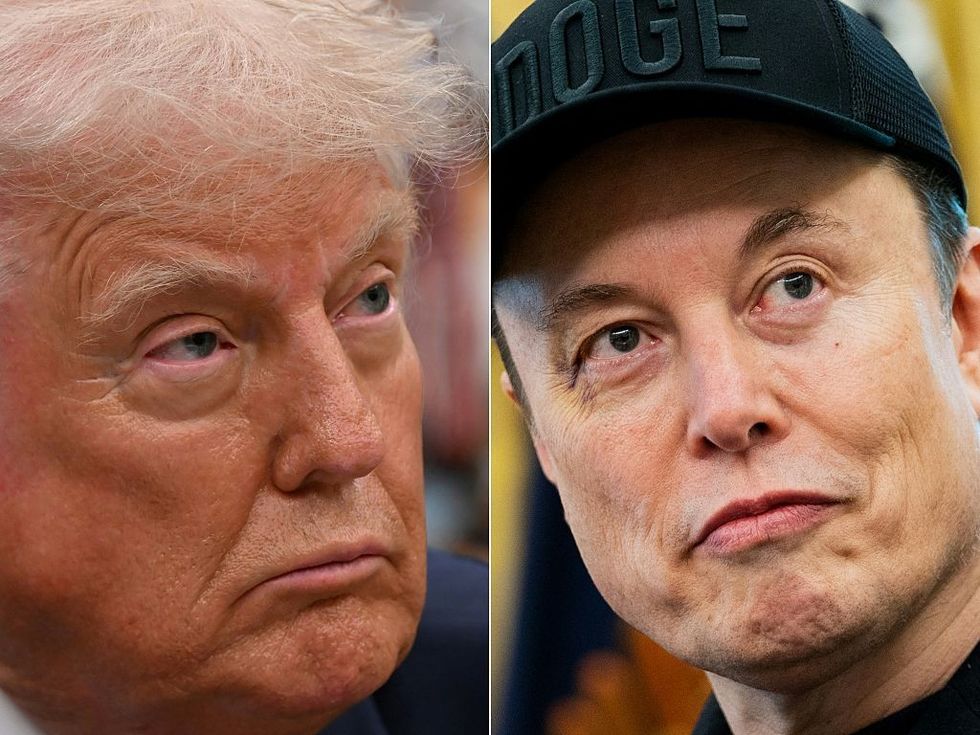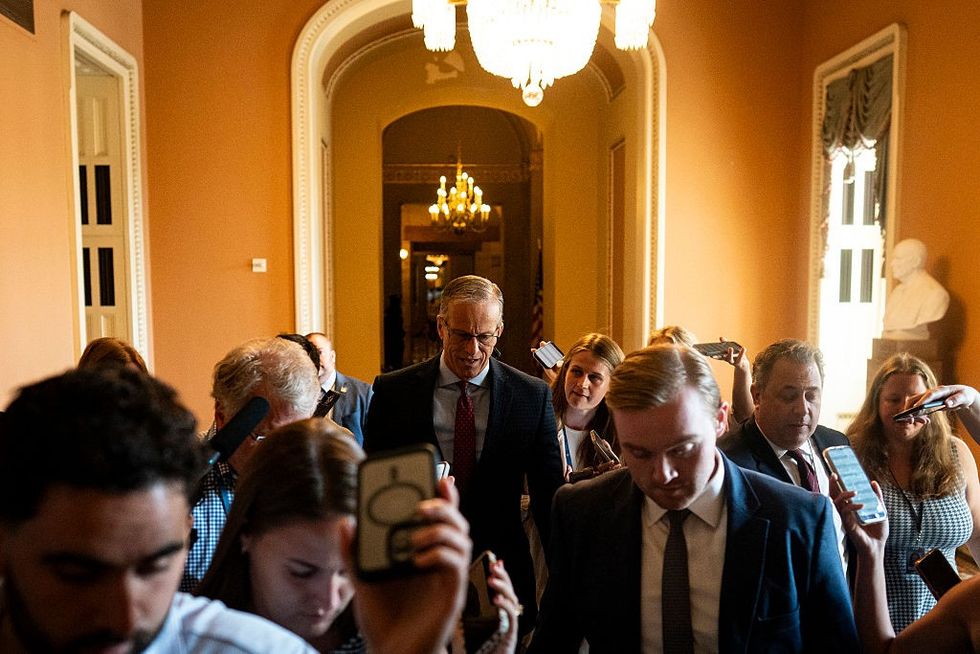THE Hindu nationalist Bharatiya Janata Party (BJP) led by prime minister Narendra Modi has been found to be making confident claims of returning to power in this year's general elections with an even stronger mandate. The BJP and its National Democratic Alliance (NDA) are looking for their third successive term in power and if it succeeds, Modi will only be the second Indian prime minister to win three straight terms after Jawaharlal Nehru, the country's first premier.
The BJP has even raised the goal this election and is claiming that it could win 370 seats and the NDA could end up with more than 400 in the 543-member Lok Sabha or Lower House of the parliament. In 2014, the BJP bagged 282 seats and the NDA finished with 336. Five years later, the BJP's tally touched 303 and the NDA won 351.
In order to make this dream a reality, the BJP needs to bring under its rule new areas in the country. While it has dominated the northern and central 'Hindi belt' region and also displaced the Indian National Congress to emerge as a major force in the north-east along with its NEDA (North East Democratic Alliance) friends, it is the south where Modi and his party are yet to make significant inroads.
Read: When a former Indian PM was assassinated in the middle of an India election
In both the 2014 and 2019 elections when the Modi wave swept the country, the BJP failed to impress in the south where 129 constituencies voted in five states. In 2014, it could win only 21 of them, while in 2019, it was 29 out of which, 25 were in the state of Karnataka alone. The party failed to win a single seat in three states of Andhra Pradesh, Tamil Nadu and Kerala.
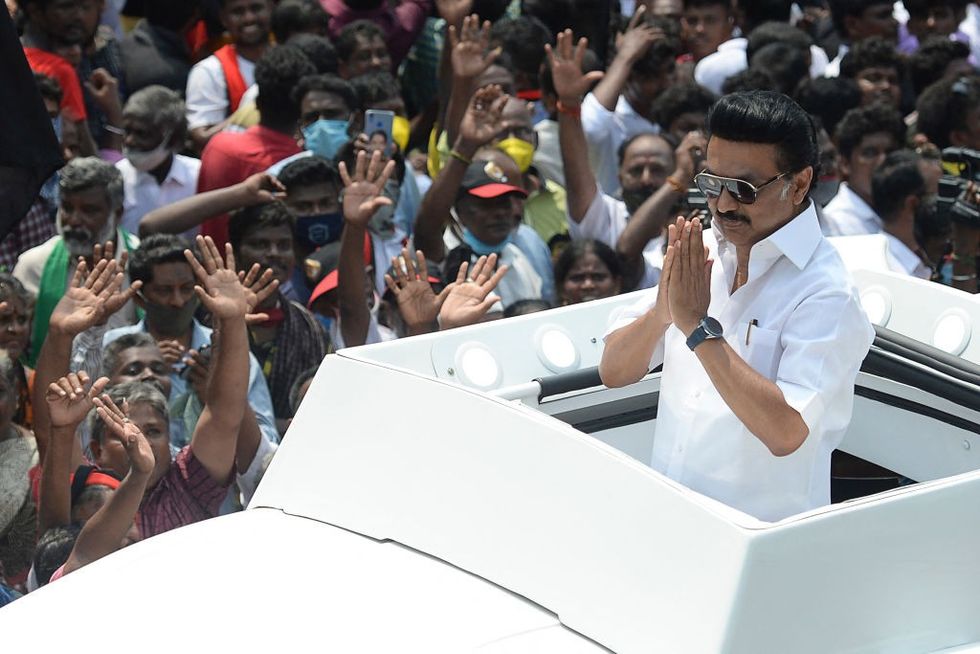
It is hence not surprising that Modi is making extra effort to mobilise support in the south. He has been visiting the southern states frequently. The prime minister was seen offering prayers in a number of temples in Tamil Nadu ahead of inaugurating the Ram temple in Ayodhya in the northern state of Uttar Pradesh in January.
More recently, he was seen raking up the issue of India ceding a small island off the coast of Tamil Nadu to Sri Lanka in 1974 when the current opposition Congress was in power. He attacked Tamil Nadu's ruling Dravida Munnetra Kazhagam, which is contesting this election in alliance with the Congress.
Read: India elections: Kerala gears up for Shashi-Rajeev battle
In Andhra Pradesh, the BJP has joined hands with local players Telugu Desam Party and Jana Sena Party while in Karnataka, it has allied with Janata Dal (Secular), a state-based party.
In Kerala, India's only Left-ruled state, the BJP is playing the Modi and development cards to woo the electorate instead of relying too much on the Hindu right-wing Rashtriya Swayamsevak Sangh, the ruling party's ideological mentor.
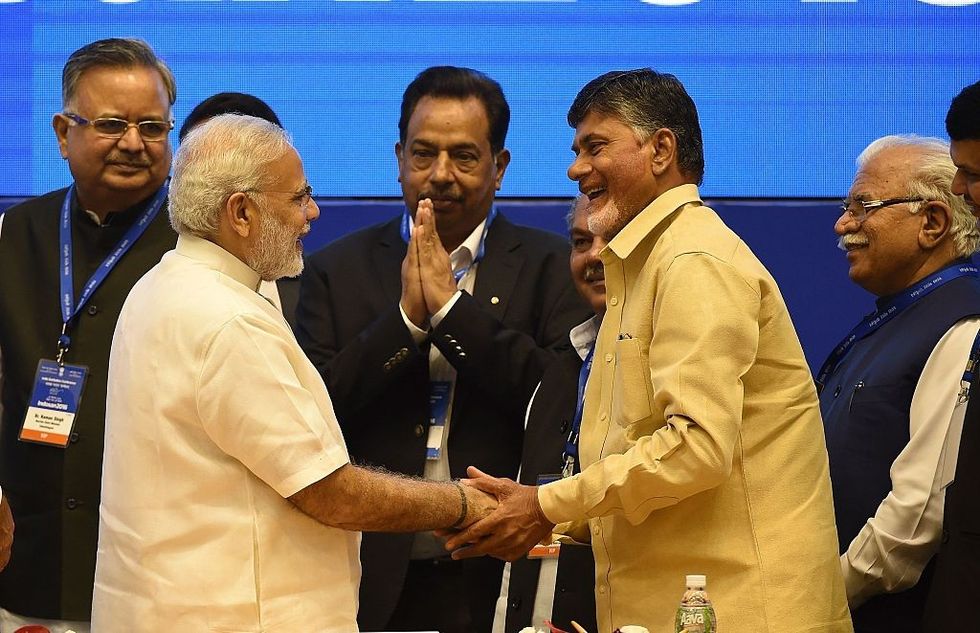
India Weekly recently spoke with Dr Sandeep Shastri, one of India's prominent political analysts and psephologists to understand the BJP's chances in south India in this election and what strategies it has adopted to improve its tally of seats in the parliament.
'To reach 370-400, BJP has to do well in south India'
"If the NDA plans to win more than 400 seats this time and the BJP, 370, it would be impossible to achieve if not for a better performance in south India. In the north, west, and centre, it already has a strike rate close to 90 per cent. Similarly, in the northeast, it has already won 18 out of the 25 seats. So, there is a very limited scope of winning more seats in these zones. Whereas in the south, it only has a 22 per cent strike rate. Moving from the current 303 to 370 can only be done by boosting their performance in the south," he told the news outlet.
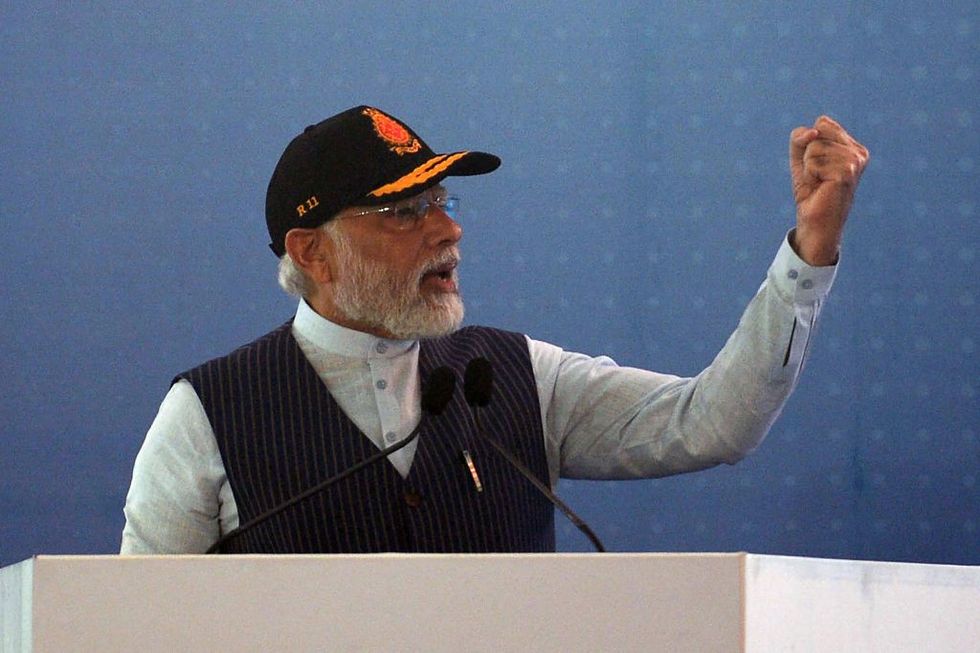
Dr Shastri explained further to say that the BJP is focusing on a big wave in the southern parts of the country, particularly through their existing base in Karnataka and Telangana where it has a reasonable track record.
"It won 25 of the 28 seats in Karnataka last time and 4 of the 17 seats in Telangana. However, it did not win a single seat in Tamil Nadu, Andhra Pradesh, or Kerala last time. And, that explains the extra focus of BJP central leadership and others on these three states of the south," he added.
Dr Shastri believes that the BJP is focusing on the south not just keeping in mind the 2024 elections. "When Modi was recently asked whether he was planning for the 2029 elections, he said we are planning for 2047. So, I think it plans for the southern states where it is yet to become a big player for the long term," he said.
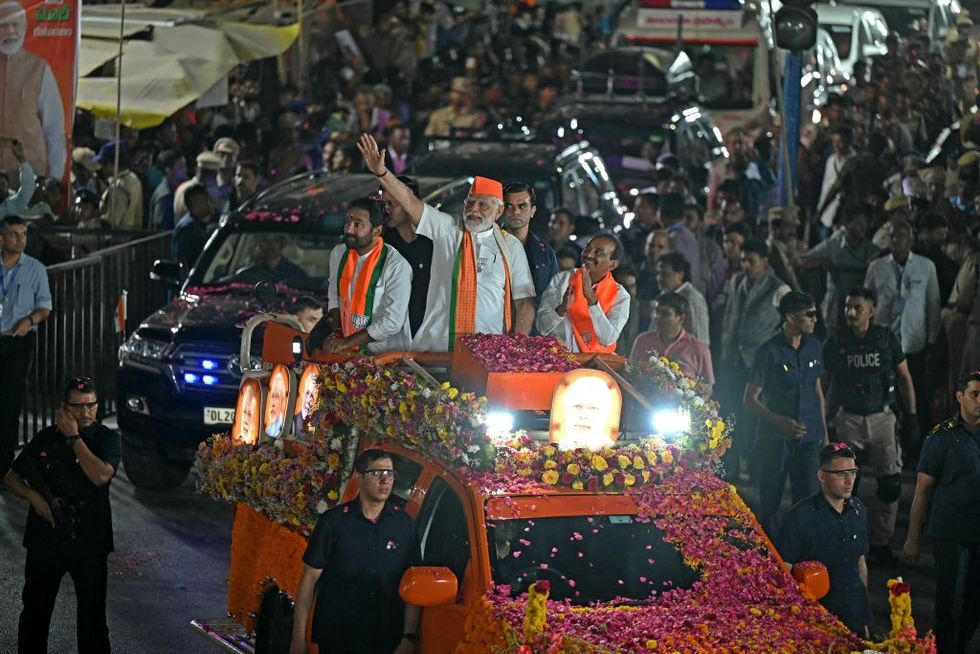
Analysing the politics of Tamil Nadu, Dr Shastri said the BJP is hoping to become a challenger to the DMK alliance.
"It is hoping so because typically, DMK and AIADMK (All India Anna Dravida Munnetra Kazhagam) are not much different except over the question of leadership. It is hoping that the BJP would come up leading a third alliance and give a substantial competition to the DMK," he said, adding that while the BJP will succeed in its mission this time remains a big question, he has a hunch that the party might open its account in Tamil Nadu this time.
For the uninformed, the AIADMK was an ally of the BJP earlier and won one seat in the state as part of the NDA. This year, the two parties have parted ways and the BJP is contesting the election in Tamil Nadu in alliance with parties such as the Pattali Makkal Katchi (PMK), Tamil Manila Congress (Moopanar) and Amma Makkal Munnetra Kazhagam (AMMK), among others .
Dr Shastri also said that the BJP's role in neighbouring Kerala has also been similar since the two main rivals there are the Left Democratic Front and the United Democratic Front. "There too, the BJP's aim is to challenge one of the two and make the main challenger its opponent," he said.
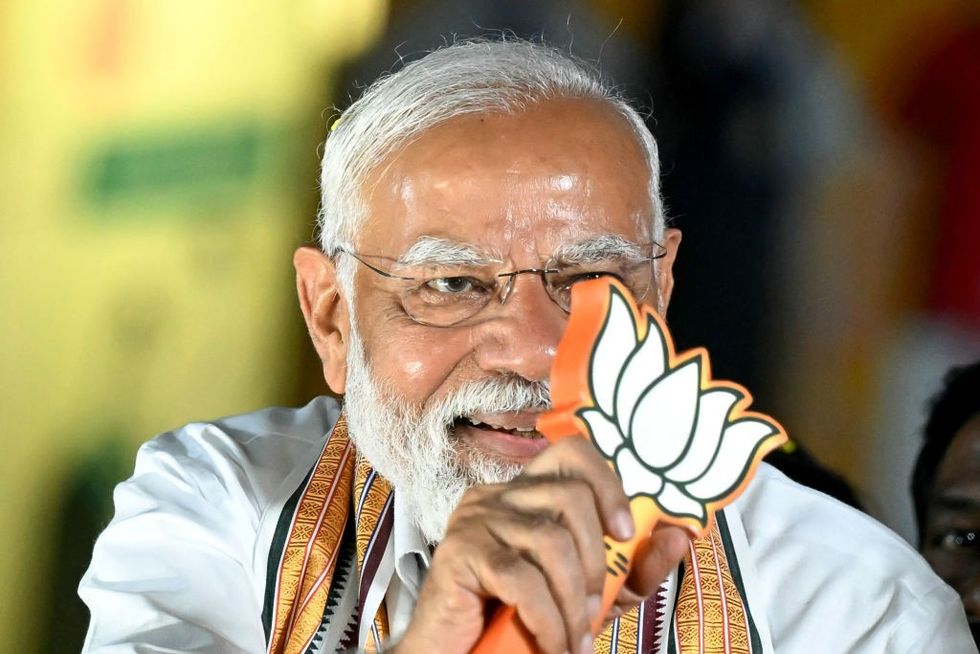
Speaking about the BJP's local tie-ups in Andhra Pradesh, a state which was bifurcated in 2014 to give birth to Telangana, the analyst said the alliance with the TDP will help the BJP since it can piggyback on the local player.
According to Dr Shastri, the BJP is likely to be a slow starter in the southern states and grow over time.
"It may say publicly that we are going into majority seats but I am looking at lower single digit numbers in all these three states (Tamil Nadu, Kerala and Andhra Pradesh). Of course, the long term plan is to become a key competition. Now it is a junior partner in the competition. In Tamil Nadu, theirs will be a third force. The BJP will hope that it emerges as a key player in the southern states in the long run and that's what the PM is focusing on," he told India Weekly.
On Katchatheevu island controversy
When the news outlet asked him about the recent ruckus over the Katchatheevu island, a small land off the coast of Tamil Nadu to Sri Lanka by the Indira Gandhi government of India in 1974 with the BJP accusing both the Congress and the DMK of ignoring national interests, Dr Shastri said through the issue, Modi's party was simply trying to present itself as different from both the DMK and Congress.
However, while he thought that the issue might strike a balance with the BJP's supporters in the state, he did not feel it would make much difference for the politics of the state. "I am not sure if it will bring much support on the BJP's side," he said.
BJP's chances in Kerala
The BJP has never won a seat in Kerala in the general elections. Does it have a chance this time to reverse history? Dr Shastri feels it does and the constituency of Thrissur in central Kerala could be an interesting watch. The BJP has fielded Suresh Gopi, a celebrity candidate from the constituency which has traditionally seen a tug-of-war between the Left and the Congress party.
When asked about the high-profile battle in Thiruvananthapuram, the capital of Kerala, where three-time sitting parliamentarian Shashi Tharoor will be challenged by India's junior minister for electronics and information technology, Rajeev Chandrasekhar, Dr Shastri said hoping that the BJP candidate could cause an upset was a long shot.
"Rajeev Chandrasekhar is an outsider to the seat and the state whereas Shashi Tharoor has been a responsible representative with a good performance record. So even if BJP opens its account in Kerala in the 2024 elections, I am not too sure if the Trivandrum (Thiruvananthapuram) seat will be the portal of their entry," he said.
Do the Congress has psychological advantage over BJP in south?
While the BJP dominates northern, western and central India, the Congress, which has faced adversity in those regions, is ahead in the southern part where it is in power in two states -- Karnataka and Telangana. The BJP is currently not in power in any of the southern states. Could this give the opposition Indian National Developmental Inclusive Alliance a psychological advantage over the BJP in the upcoming elections?
To this, Dr Shastri said the political story in each of the five southern states is distinct from each other and likewise, strategies to fight elections in each of those are also different.
"In Karnataka, the BJP has done well in both national and state elections in the last 10 years. The Congress, on the other hand, has done better in the state elections which means different verdicts have been seen. The BJP is hoping to ride on a wave which it gained in 2014 by securing the majority of seats in the state. Whereas, the Congress has made the whole campaign local to get more support this time.
"In Telangana, the Congress is in a better position than in Karnataka. With a more recent victory, it is hoping it will have an impact on the Lok Sabha elections. The BJP, on the other hand, is a distant third force at the moment, hoping to become the second by sidelining the Bharat Rashtra Samithi (BRS). Now, will the BRS recover from the assembly defeat of last year is a big question.
"In Tamil Nadu, Kerala, and Andhra Pradesh, as I pointed out earlier, the BJP's short-term goal is to open its account and I believe it will be successful in securing that. E Sreedharan, India's 'Metroman' has claimed that the BJP will win four or five seats in Kerala which itself is a large number," he said.
Citing the BJP's political plan in the south, particularly in Tamil Nadu, where the saffron outfit is aiming to become an alternative to the ruling DMK by sidelining the challenging alliance led by the AIADMK in the long run, Dr Shastri said for Modi's party, the 2024 election is more like a T20 cricket match for the BJP but in the south, it is eyeing a series win as in Test cricket.
Dr Sandeep Shastri is the director - Academics, Nitte Education Trust

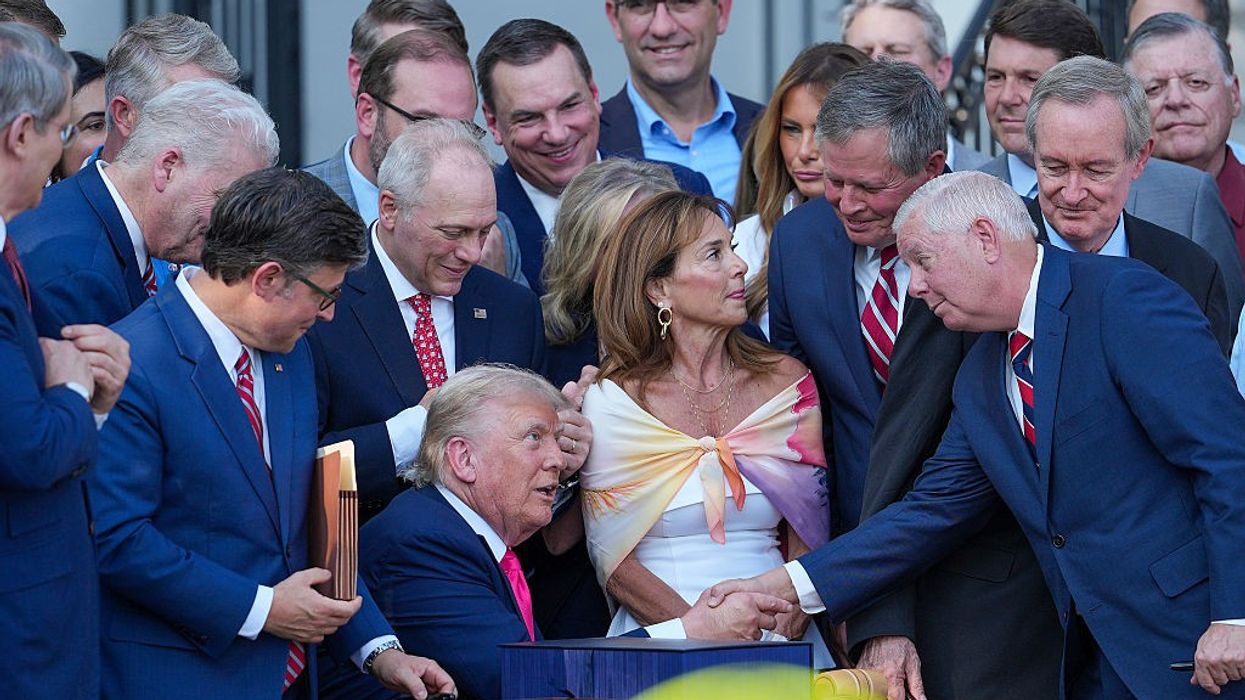
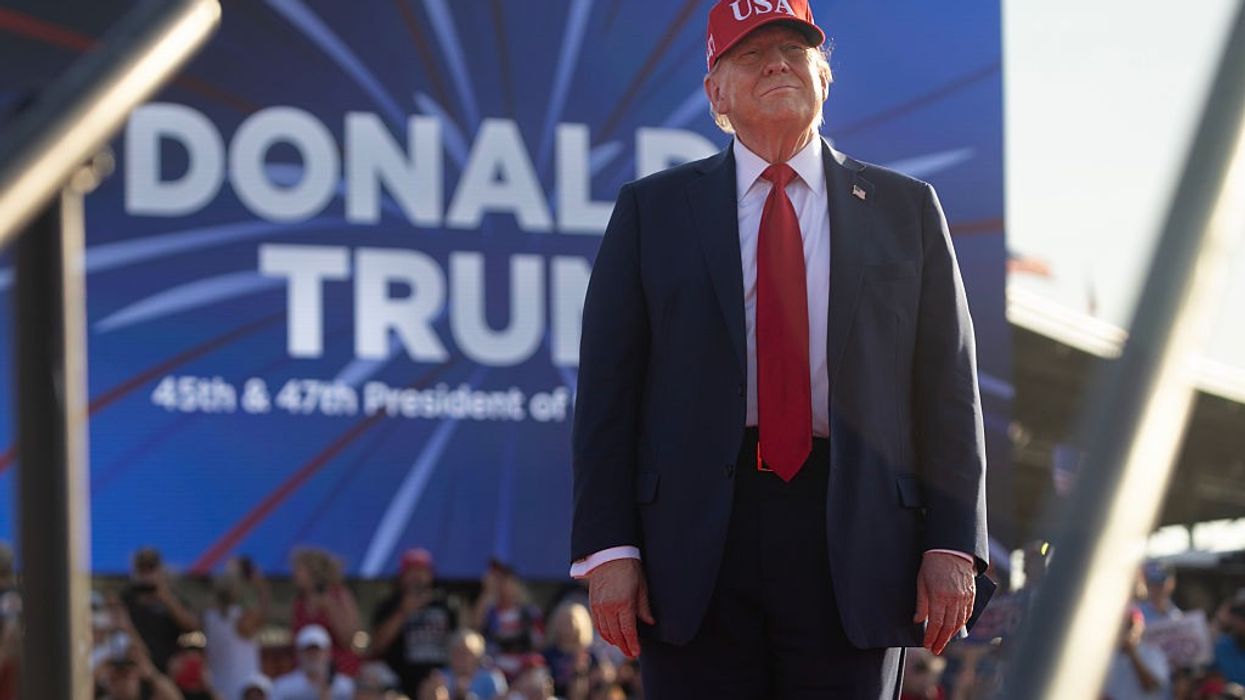


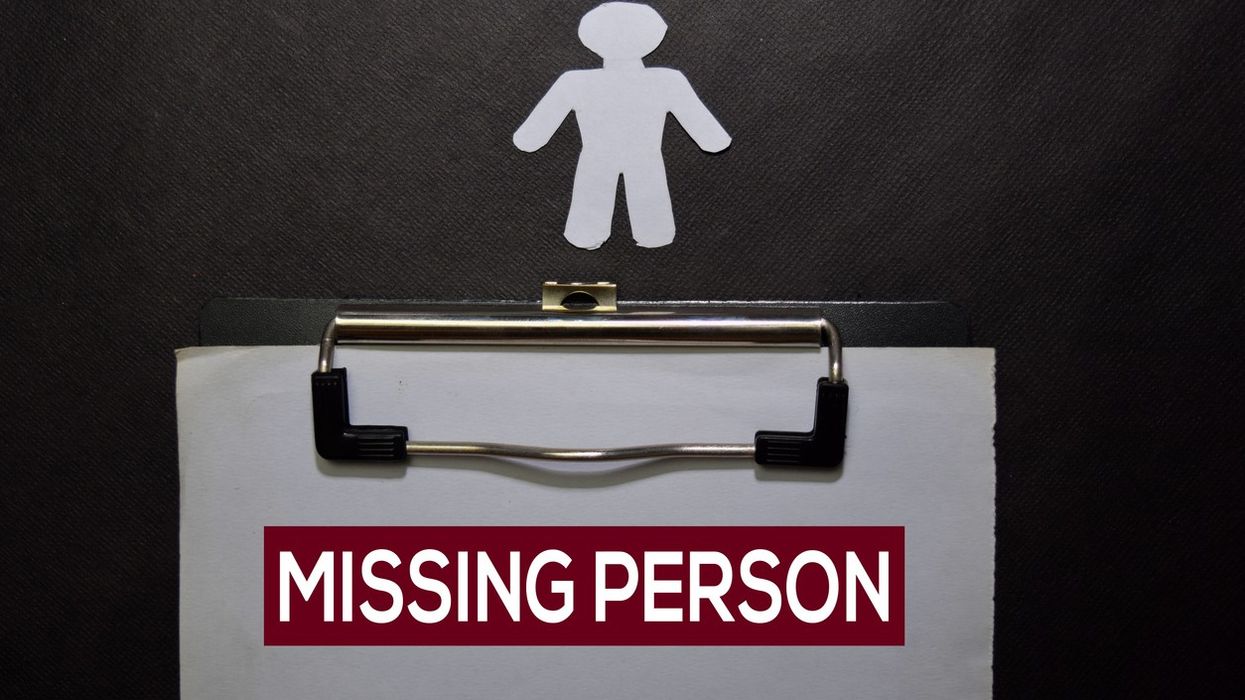


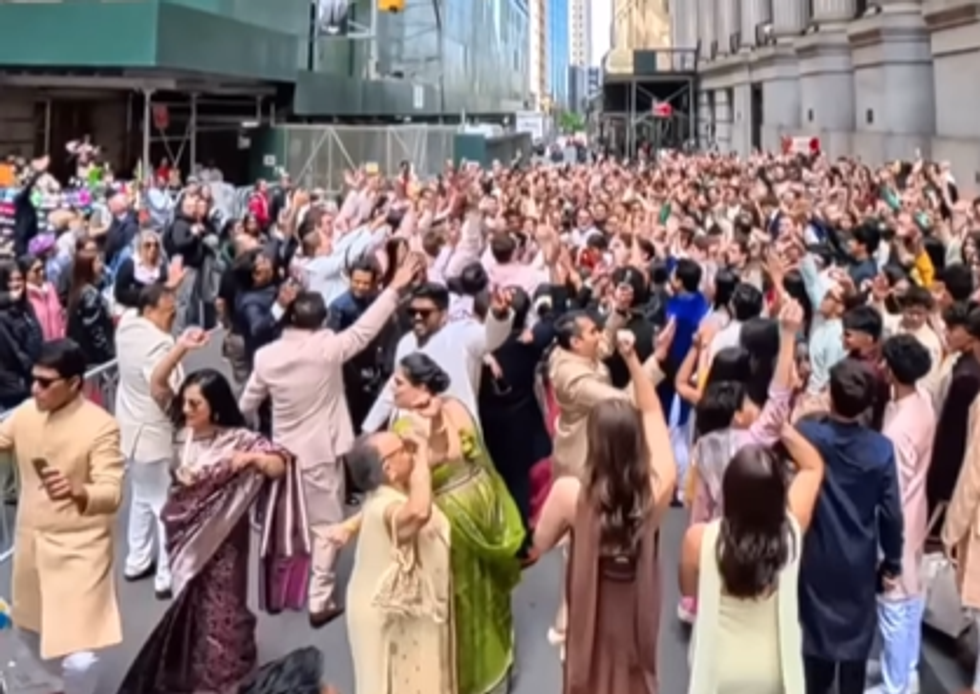
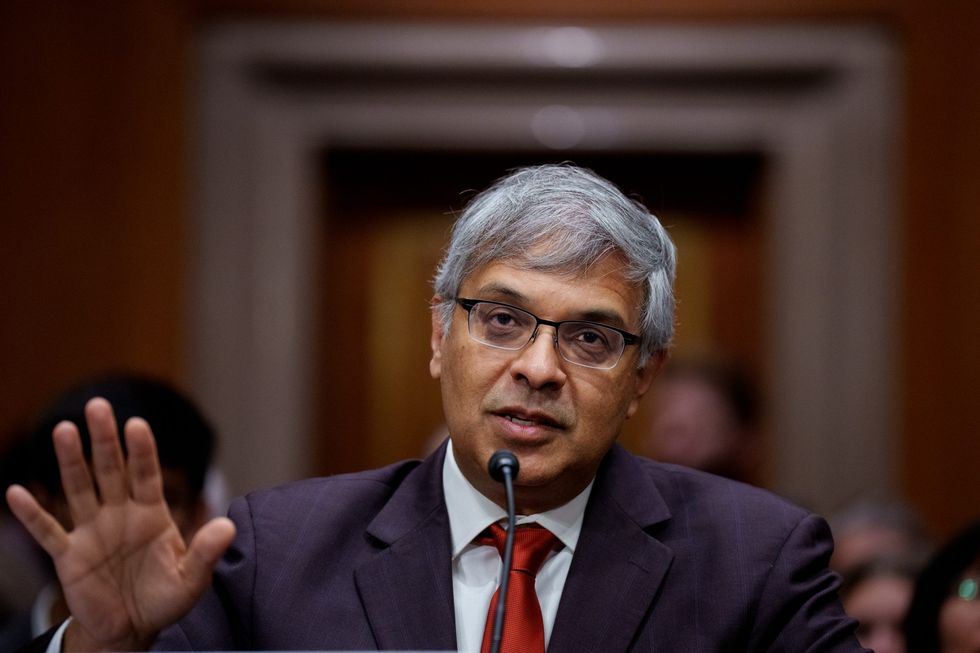
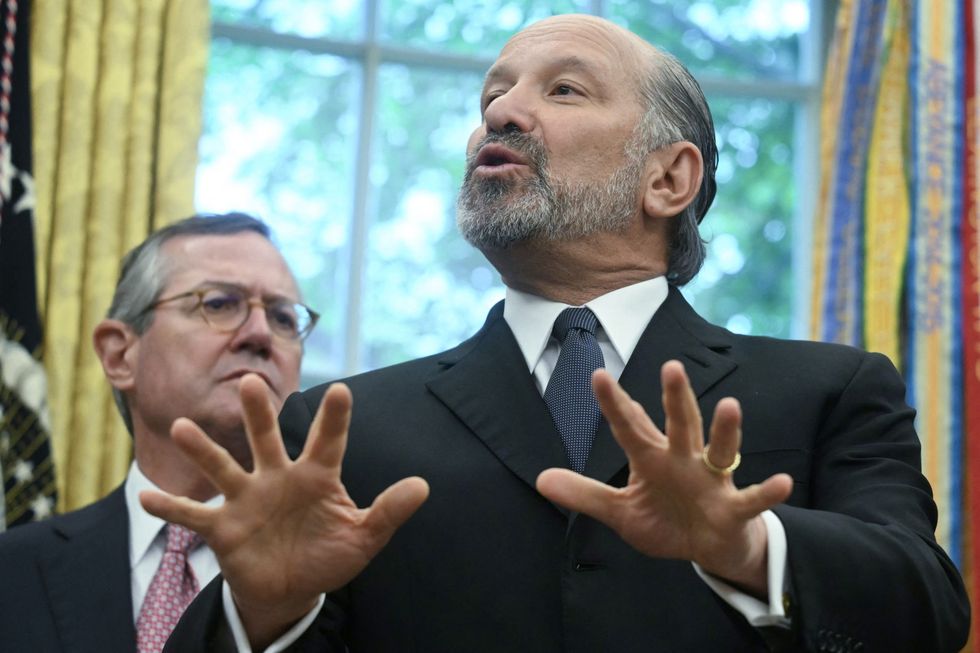

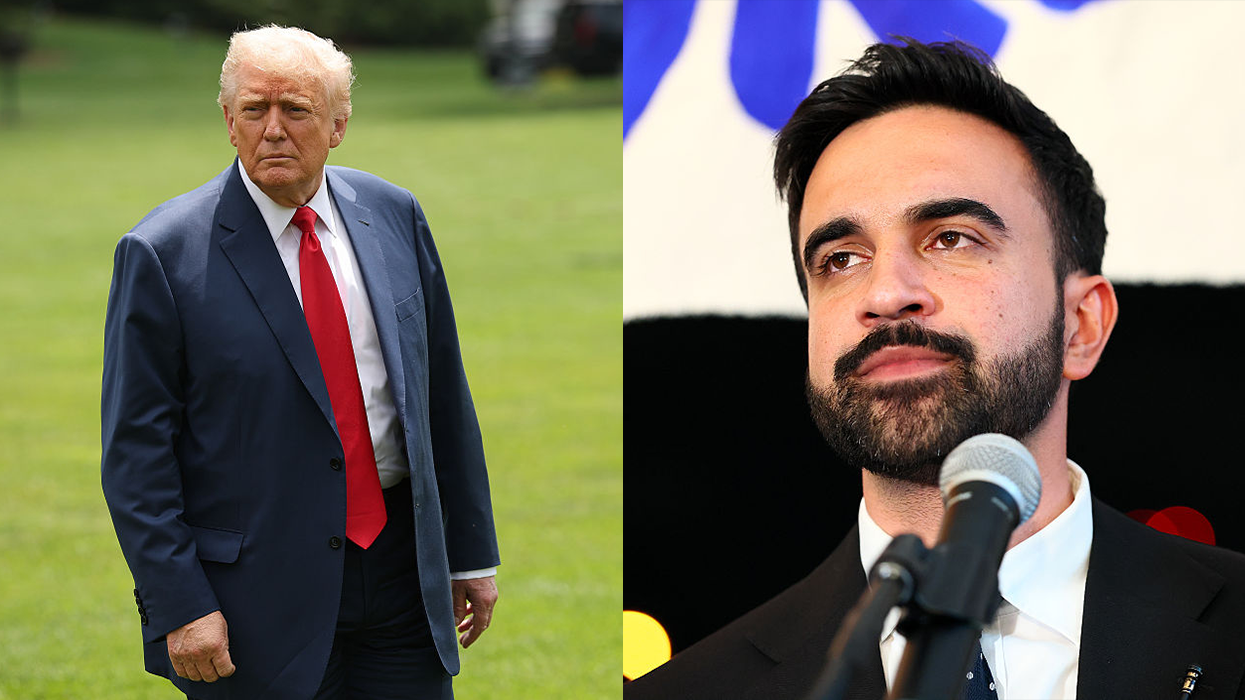

 NASA’s Astronaut Class 23 with Anil Menon shows patch features a fly-shaped design symbolizing the class nickname, “The Flies,” with twelve stars for each candidate. The UAE and US flags highlight international collaboration, while the astronaut figure reflects their commitment to NASA’s return to the Moon and future Mars missions. (Photo credit: @astro_anil)
NASA’s Astronaut Class 23 with Anil Menon shows patch features a fly-shaped design symbolizing the class nickname, “The Flies,” with twelve stars for each candidate. The UAE and US flags highlight international collaboration, while the astronaut figure reflects their commitment to NASA’s return to the Moon and future Mars missions. (Photo credit: @astro_anil)